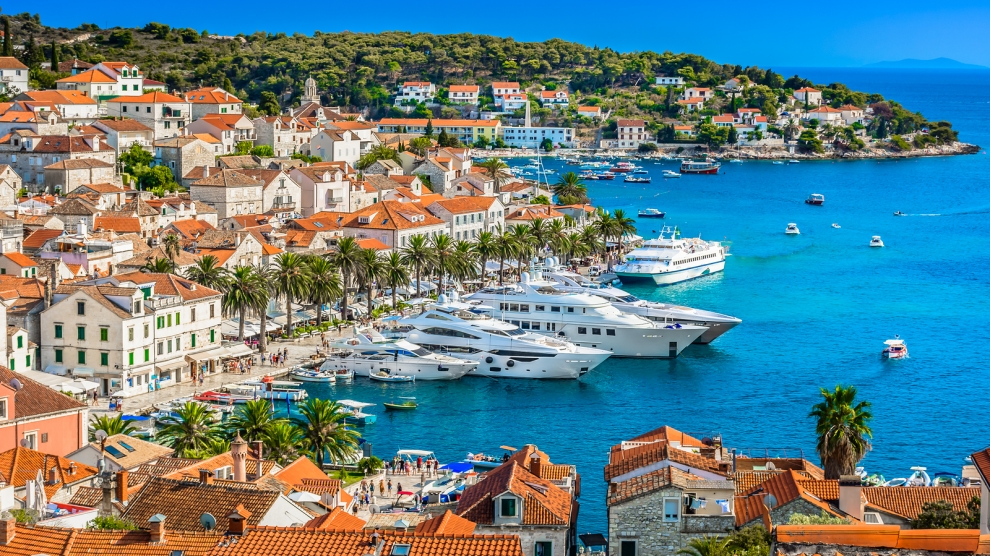Croatia, which welcomed more than 18.5 million tourists in 2017, is facing an unprecedented shortage of workers in the tourism industry. The country’s tourism minister, Gari Cappelli, said on July 26 that as many as 15,000 extra workers would be needed in the tourism industry next year.
“We expect to be able to full these vacancies by retraining those currently out of work, or by increasing the number of foreign workers allowed in the tourism sector,” said Mr Cappelli. Currently, the quota for foreign workers in the sector stands at 8600. In 2017 travel and tourism directly supported 138,000 jobs (10.1 per cent of total employment). Unemployment stood at just over nine per cent at the end of May.
Tourism is the largest single sector of the Croatia economy. According to the World Travel and Tourism Council, the total contribution of travel and tourism to Croatia’s GDP in 2017 was 91.03 billion kuna (12.3 billion euros), equivalent to a quarter of the country’s GDP. This is forecast to rise by 3.3 per cent in 2018, and to rise by an average 4.1 per cent per year to 2028, by when tourism is expected to account for almost a third of the country’s GDP.
This primarily reflects the economic activity generated by industries such as hotels, travel agents, airlines and other passenger transportation services (excluding commuter services), but it also includes, for example, the activities of the restaurant and leisure industries directly supported by tourists.
Travel and tourism investment in 2017 in Croatia was 7.9 billion kunas (1.07 billion euros), or 10.9 per cent of total investment. It is seen as rising by 2.6 per cent in 2018.


[…] Croatia facing shortage of workers in tourist industry Emerging Europe […]